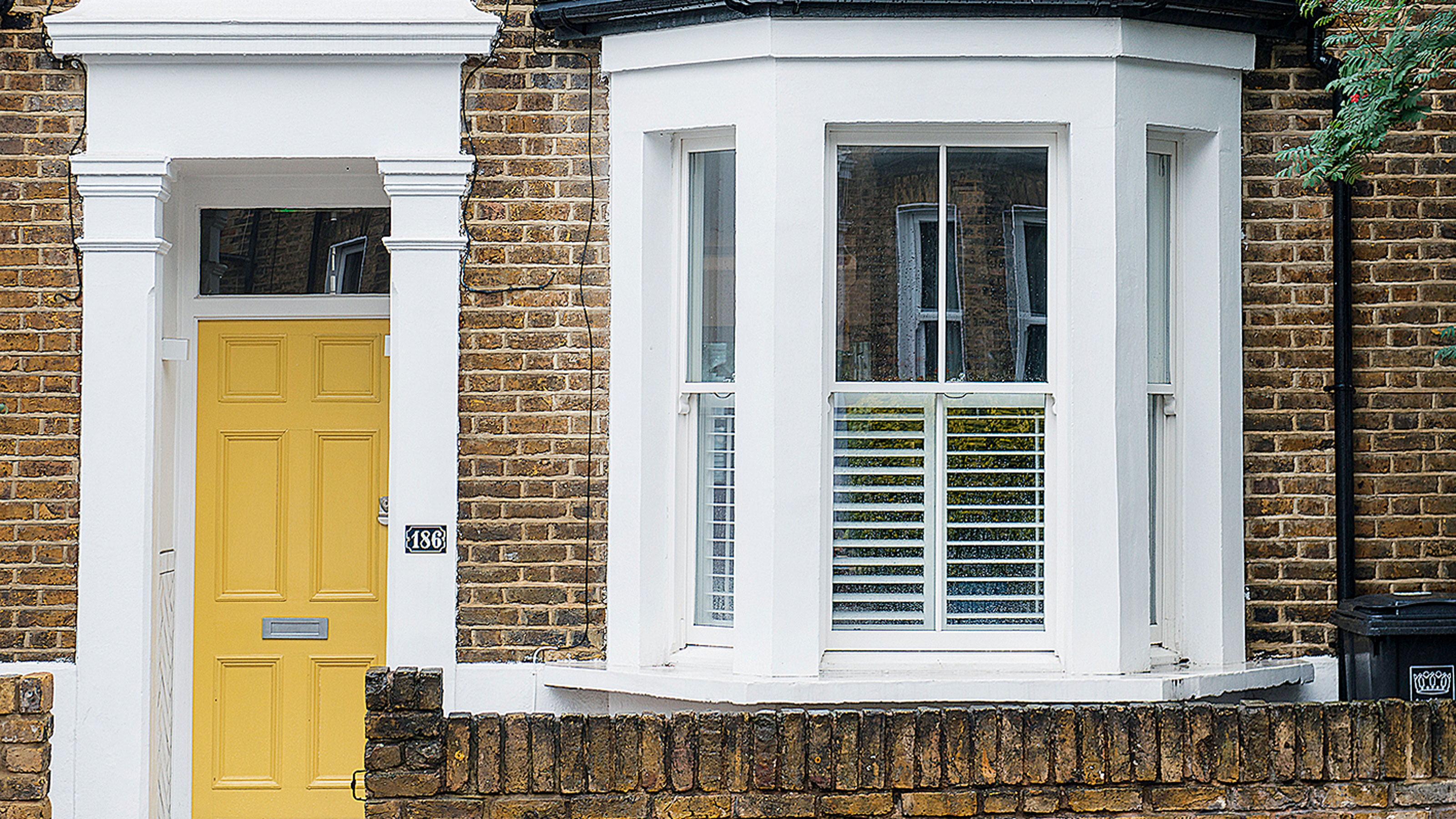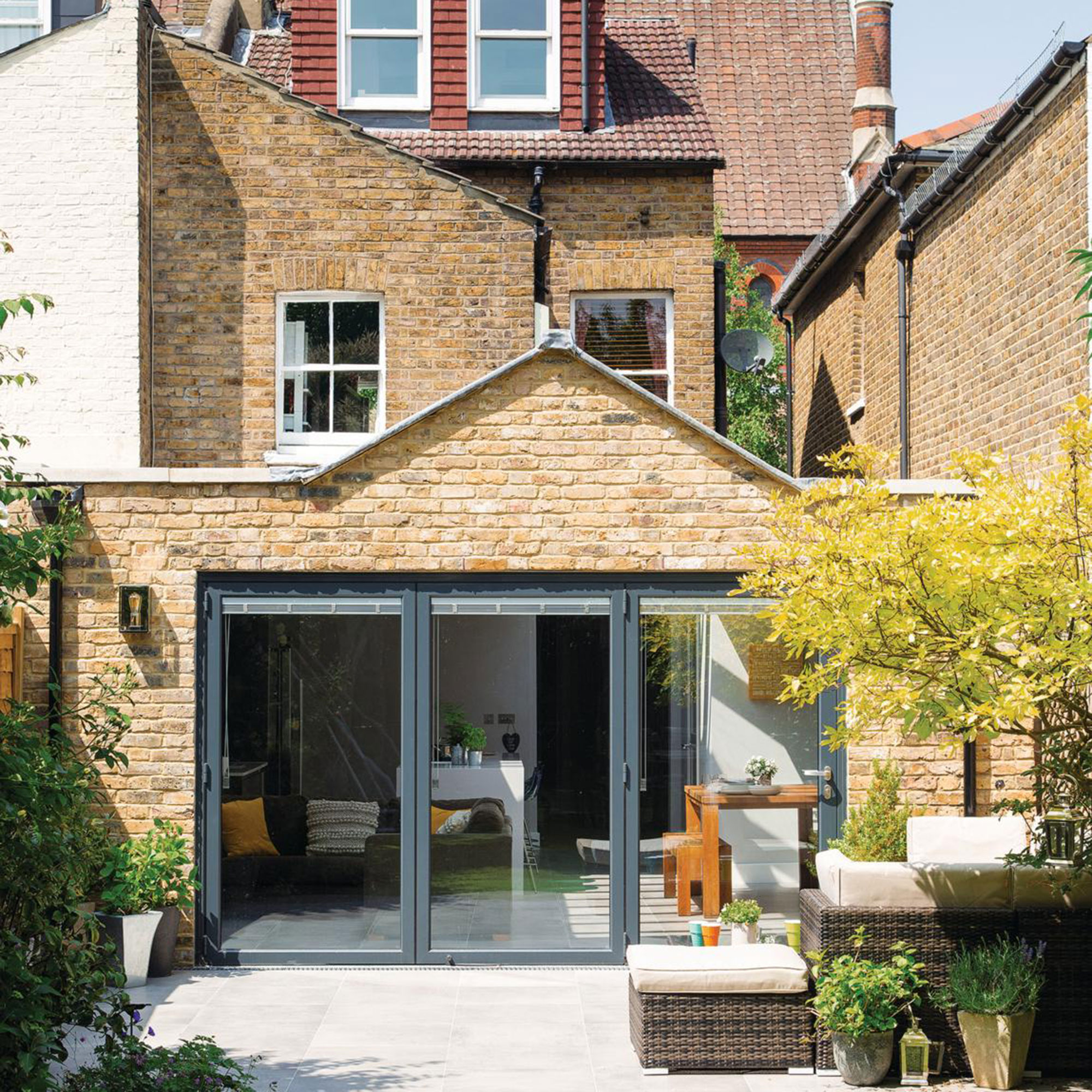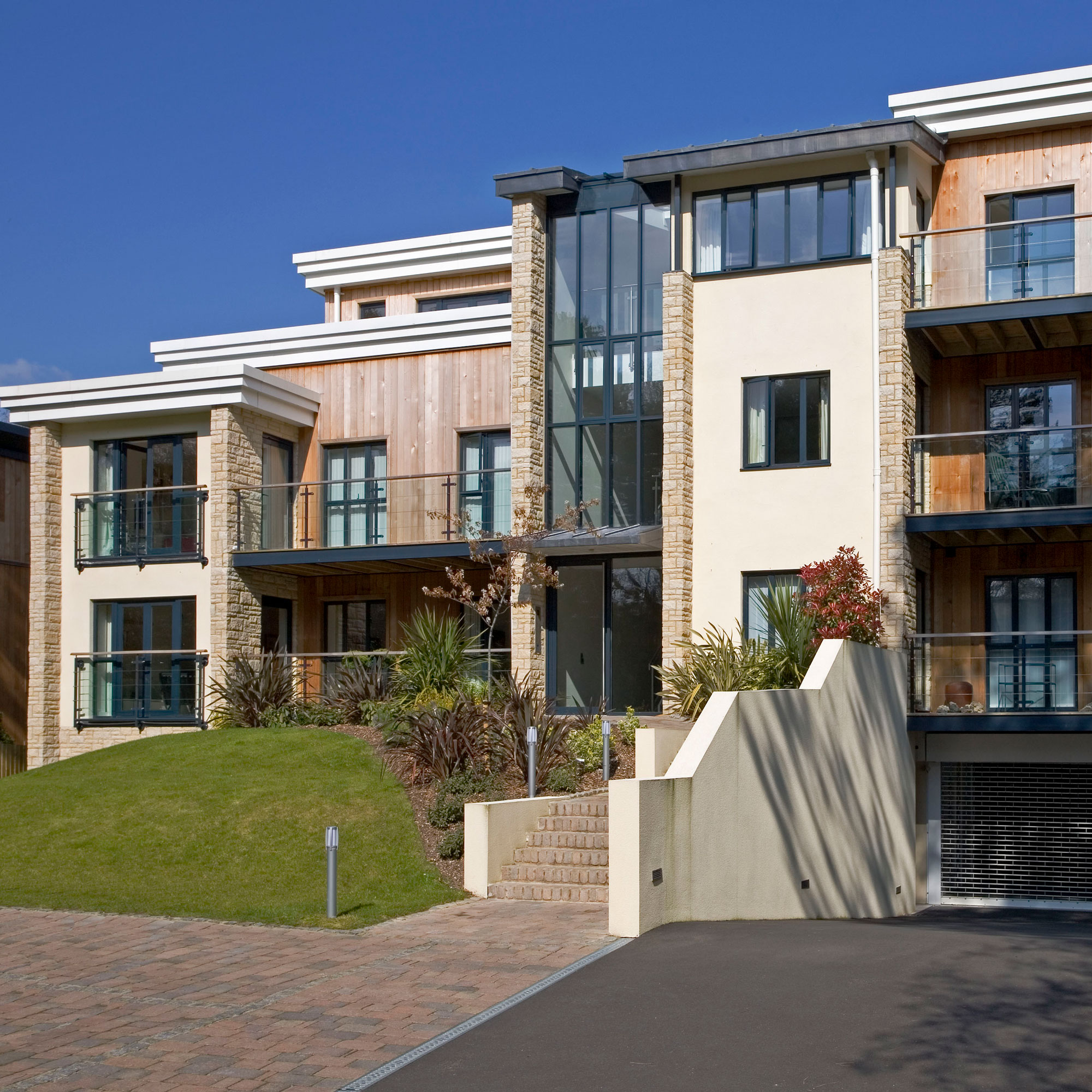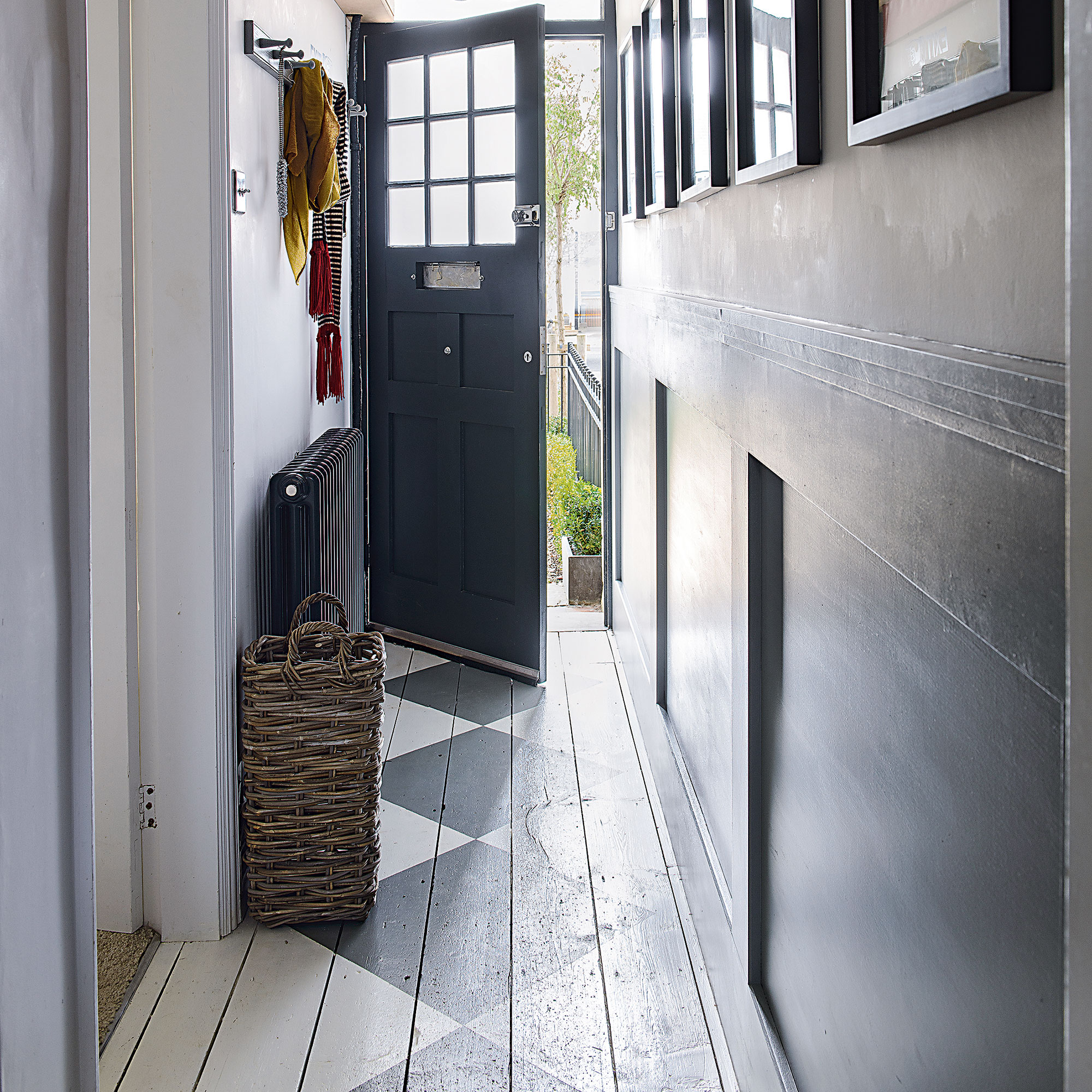Stamp duty for first-time buyers - what are the rules around exemption?
Make sure you know the different rules around stamp duty for first-time buyers, which should mean a lower stamp duty bill

When it comes to stamp duty for first-time buyer, you could benefit from a discount on their overall bill compared to second-time buyers - and it often means you'll pay no stamp duty at all.
First-time buyer stamp duty relief means those buying a house for the first time often have one less cost to worry about. But there are strict rules around claiming the relief, so it is important to understand who is eligible and how the rules work.
Thanks to a stamp duty shake up by former Chancellor Kwasi Kwarteng in last September’s mini budget, the rules around when first-time buyers must start to pay stamp duty became even more generous.

As well as the challenge of saving for a house, first-time buyers have lots of other costs to save for which is why first-time buyer stamp duty relief is a lifeline for those getting on the bottom rung of the property ladder.
Iain Swatton, head of mortgages at mortgage specialists Dashly, says: 'It’s not easy being a first-time buyer in the current market. Many have been scared away by higher than ‘normal’ mortgage rates. Coupled with inflation increases, energy rate hikes, low-wage growth, increased commuting expenses, and a cost-of-living crisis, the prospect of buying a home can be daunting.
'The stamp duty exemption is a much welcome reprieve, potentially saving a first-time buyer thousands of pounds. This is a huge help and means they are likely to reach their deposit savings goal earlier than they initially thought. There are plenty of other moving expenses that need to be considered - legal costs, broker fees, surveys and moving expenses, but stamp duty costs were always going to bump this up quite considerably.'
Rules around stamp duty for first-time buyers - do all first time buyers have to pay it?
The former Chancellor’s new rules introduced last year mean that first-time buyers do not have to pay any stamp duty if the property they are buying is less than £425,000. But for any value of the property over £425,000 a first-time buyer will have to pay stamp duty. However, the fact that the threshold at which a first-time buyer starts paying stamp duty is higher than a home mover, does mean that those buying for the first time will pay less than those already on the housing ladder.
Sign up to our newsletter for style inspiration, real homes, project and garden advice and shopping know-how
Although do bear in mind that first-time buyers only qualify for stamp duty relief up to £625,000. If buying a property valued at more than that, a first-time buyer will pay the stamp duty at the same rates, with the same thresholds, as a home mover.
Jo Unwin, senior associate in the residential property team at legal firm SAS Daniels, says: 'Stamp duty, a tax triggered on a property transaction, is charged on a scale set by HMRC and is based on the value of the property, plus other factors, such as whether the buyer already owns a property.'
The government introduced a relief for first-time buyers in the 2017 Budget, which was designed to make the home-buying process more affordable.
'Kwarteng adjusted the stamp duty threshold in the mini-budget during September 2022 following the temporary stamp duty holiday during the Covid 19 pandemic - this adjustment will remain in place until March 2025. The aim of this was to keep the property market moving and will assist first-time buyers for a considerable period of time during market uncertainty.'
Are the new stamp duty rules permanent?
Initially the stamp duty shake-up was billed as permanent but since Jeremey Hunt took over the reins as Chancellor, he has imposed a deadline on the changes introduced by Kwarteng of March 2025.
After this time the increased threshold of £425,000, the point at which first-time buyers begin paying stamp duty, will be reversed back to £300,000. The threshold for home movers will also be reversed from £250,000 back to £125,000.
How is first time buyer stamp duty calculated?
The table below breaks down the standard stamp duty band rates in England and Northern Ireland, and how this compares to the rates that apply to first-time buyers only.
| Portion of purchase price | Standard rate of stamp duty | First-time buyer stamp duty rate |
| £0 to £250,000 | 0% | 0% |
| £250,001 to £425,000 | 5% | 0% |
| £425,001 to £625,000 | 5% | 5% |
| £625,001 to £925,000 | 5% | 5% |
| £925,001 to £1,500,000 | 10% | 10% |
| Over £1,500,000 | 12% | 12% |
As you can see, following Kwarteng’s changes existing home buyers currently pay stamp duty on purchases worth above £250,000. First-time buyers do not start paying the tax until the transaction is worth more than £425,000.
To see how the exemption works in practice, let’s take the example of a non-first-time buyer purchasing a house for £425,000:
- On the first £250,000 you pay £0
- On the portion between £250,001 and £425,000 you pay 5% stamp duty which is £8,750.
- As a result, you will have a total stamp duty bill of £8,750.
However, a first-time buyer making the equivalent purchase would not pay a penny in stamp duty.
According to recent analysis by Barclays, the average price paid by first-time buyers purchasing a property in 2021 sat at £281,900. This suggests that the majority of first-time buyers would not have had to pay stamp duty because of the exemption, even when the threshold reduces back down to £300,000 in March 2025.
First-time buyers in London, where average property prices are much higher, do face a small stamp duty bill. Analysis of the London market by Direct Line Insurance found that in 2021 the average price paid by first-time buyers in the Capital was £440,000. That means they would pay 5% on the portion above £425,000 (£15,000 x 5%) which is £750.
The government has a handy stamp duty calculator that will work out your bill depending on your circumstances.

It’s worth noting that the first-time buyer relief, like stamp duty itself, is a little different in Scotland. Here the minimum threshold before first-time buyers start paying Land and Buildings Transaction Tax ‒ the Scottish equivalent of stamp duty ‒ stands at £175,000.
Meanwhile, in Wales, there is no specific exemption for first-time buyers. However, homebuyers of all kinds do not pay Land Transaction Tax on the first £225,000 of any transaction.
What counts as a first-time buyer when it comes to stamp duty?
The definition of a first-time buyer is strict so make sure you’re aware of the rules to avoid ending up with an unexpected bill.
A first-time buyer is defined as an individual or individuals who have never owned an interest in a residential property in the United Kingdom or anywhere else in the world. They must intend to occupy the property as their main residence.
This rule includes property inherited from a loved one.
If a first-time buyer was to buy a property with someone who had previously owned a property, then this would also make them ineligible to claim first-time buyer stamp duty relief.

When might first-time buyers have to pay stamp duty?
Buying a first home priced at more than £425,000 will trigger a stamp duty bill for the buyers but it will be less than that paid by someone moving up the property ladder rather than taking their first step onto it.
So if you are buying in one of the more expensive regions of the UK, like London or the southeast of England, then you may still end up having to pay some stamp duty, albeit less than a regular home mover might pay.
Let’s say you purchase a property in the capital for £500,000. Your stamp duty would be:
- 0% on the first £425,000
- 5% on the remaining £75,000
- This results in a stamp duty bill of £3,750
But for someone who is moving up the property ladder, the stamp duty bill would be £12,500.
Even with the best first-time buyer mortgage rates in place that’s a cost of living any new homeowner could do without.
Be warned though that for more expensive properties, you may not enjoy any first-time buyer exemption at all. For first-time buyers purchasing a property that costs more than £625,000, any first-time buyer relief is withdrawn entirely.
Samantha Partington is a personal finance journalist specialising in mortgages and the property market.
Over the past nine years, Samantha has worked for the Daily Mail, trade website Mortgage Solutions and business title Property Week. She regularly writes for national money pages including Money Mail and Sun Money and supports prop tech firms with content writing.